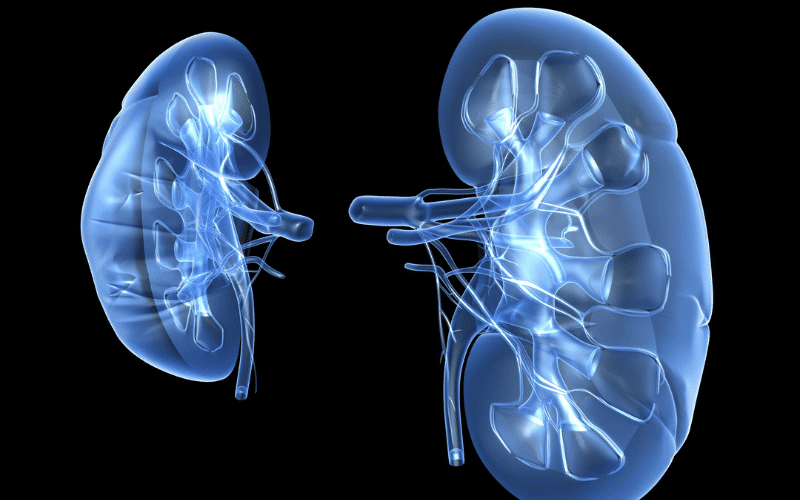Problem 11: Diabetic Nephropathy

Diabetic nephropathy is a type of kidney damage that occurs as a complication of diabetes. High blood sugar levels can damage the blood vessels in the kidneys, impairing their ability to filter waste products and excess fluids from the blood. Over time, this damage can lead to chronic kidney disease and, ultimately, kidney failure.
Risk factors for diabetic nephropathy include poor blood sugar control, high blood pressure, a family history of the condition, and smoking.
Symptoms of diabetic nephropathy may include:
• Swelling in the legs, ankles, or feet
• Fatigue and weakness
• Frequent urination, especially at night
• Changes in the color and consistency of urine
• High blood pressure
Treatment for diabetic nephropathy primarily focuses on managing blood sugar levels and blood pressure. This may involve medications, dietary modifications, regular exercise, and smoking cessation. In advanced stages, dialysis or a kidney transplant may be necessary. (11)